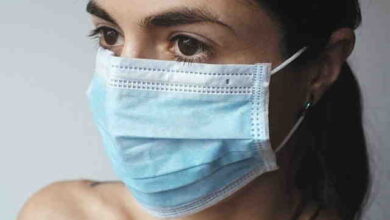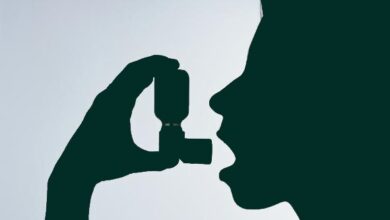
Daily Hydration: How Much Water Do You Really Need?
Water is essential for life, playing a crucial role in maintaining our overall health and wellbeing. Yet, one of the most common questions people ask is, “How much water should I drink each day?” The answer, however, is not as straightforward as one might think. It depends on various factors, including individual health, lifestyle, and environmental conditions. In this blog post, we’ll explore the recommended daily water intake and factors that can influence how much water you should consume.

Understanding Daily Water Intake:
The general guideline that many people are familiar with is the “8×8 rule,” which suggests drinking eight 8-ounce glasses of water a day, equating to about 2 liters or half a gallon. While this is a reasonable goal, it may not be suitable for everyone. The National Academies of Sciences, Engineering, and Medicine suggests a daily water intake of about 3.7 liters (or 13 cups) for men and 2.7 liters (or 9 cups) for women from all beverages and foods.
Factors Influencing Water Needs:
- Body Size and Composition: Larger individuals or those with more muscle mass may require more water to stay hydrated.
- Activity Level: Those who engage in physical activities or exercise regularly need to drink more water to compensate for fluid lost through sweat.
- Climate and Environment: Hot and humid weather increases the need for water as the body sweats more to cool down. Similarly, high altitudes can lead to increased urination and more rapid breathing, which also increases water needs.
- Diet: Consuming foods high in salt, sugar, or caffeine can increase the need for water. Additionally, eating a diet rich in water-rich foods like fruits and vegetables can contribute to your daily fluid intake.
- Health Conditions: Certain health conditions, such as kidney disease or urinary tract infections, may require adjustments in water consumption. Pregnant or breastfeeding women also have increased water needs.
- Age and Gender: Children and adolescents often require different amounts of water than adults, and men typically need more than women due to higher muscle mass.
Signs of Dehydration:
Recognizing the signs of dehydration is crucial for maintaining optimal health. Common symptoms include thirst, dry mouth, dark yellow urine, fatigue, dizziness, and confusion. If you experience any of these signs, it’s important to increase your water intake promptly.
Tips for Staying Hydrated:
- Carry a reusable water bottle with you throughout the day.
- Set reminders on your phone to take water breaks.
- Include more water-rich foods in your diet, such as cucumbers, watermelon, and oranges.
- Drink a glass of water before every meal.
- Pay attention to your body’s signals and drink when you feel thirsty.
Conclusion:
While the “8×8 rule” is a good starting point, your ideal water intake depends on various individual factors. By understanding your body’s needs and listening to its signals, you can ensure that you stay adequately hydrated. Remember, water is vital for maintaining your health, so make it a priority in your daily routine. Stay hydrated and feel your best!





